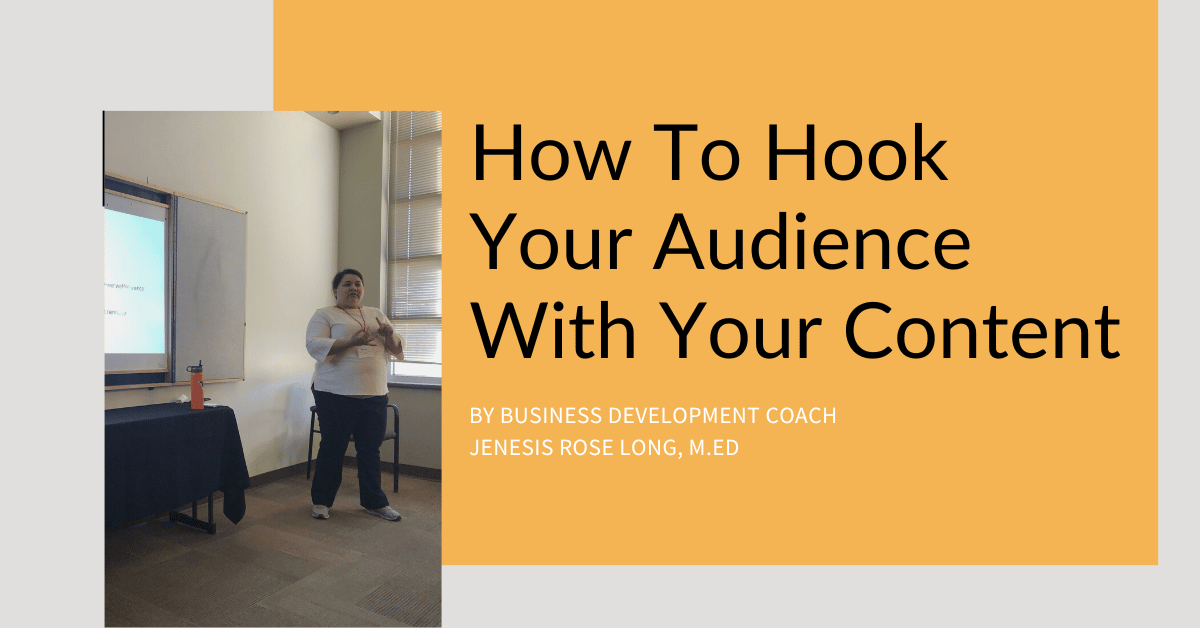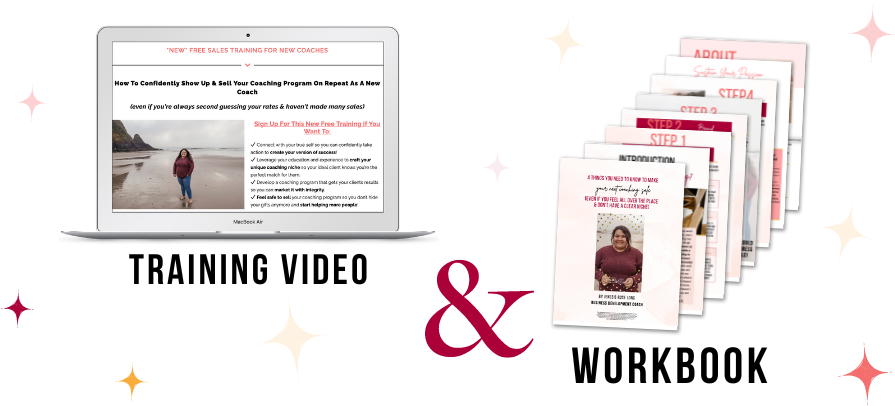Do you ever struggle with getting your audience to engage with your content? How do you change it? This age-old question comes with many answers across a spectrum of philosophies. Some coaches take a “quantity over quality” approach of making as much content as they can to flood their audience’s feeds. Others do just the opposite and try to make high quality content that is only released sporadically. It shouldn’t come as a shock to find out the answer lies somewhere in between. The key factor missing in these methods is, what about the content makes people want to engage? Today I want to talk about how you can build your social media engagement by developing your content to hook your audience.
What IS a hook?
Simply put, a hook is the attention grabbing statement of your post or video. It’s the “meat and potatoes” of the proverbial social media dinner that your audience is eating when they scroll Facebook or TikTok. When you began reading this blog, how long did it take for you to figure out what specific things it was going to cover? Can you identify a sentence that laid it out clearly for you?
That sentence is the hook of the blog. It’s the point where you explicitly introduce the subject in a way that gives your audience a clear indication of why they should keep reading. Think of this like your opening statement. If you have a point to make, you want to present that point in a way that will entice your audience to engage.
If you took any English classes in school then you are probably familiar with this subject. A hook can take several forms but the most common are…
Question hook – A thought provoking question that gives context to what you’re about to discuss.
Quotation hook – Meant to inspire your audience. Be sure to use a credible source to build rapport with your audience. (also properly cite your sources!)
Statistic hook – give a statistical example of what you’re talking about that will convey the importance of the topic you’re discussing.
Anecdotal hook – Share a story with your audience. This will help them build a relationship with you and understand you better. Make sure the story has a positive outcome that your audience is looking to achieve themselves.
What's a bad hook?
By now you can probably start to see the differences between good and bad hooks. Let’s talk about the things you really need to avoid…
Rambling on – In the world today, attention spans are getting shorter and shorter. The quicker you can grab your audience’s interest the better. The longer you make your hook the harder it will be for your audience to stay interested in your content.
Going off topic – Your hook is designed to capture your audience’s attention… if you hook them with something off topic then they may start out interested but they’ll quickly realize the substance of your content doesn’t match the hook and they’ll lose interest.
Forcing your hook – your hook DOESN’T need to be the first thing you write. You could write an entire post before going back to write the hook. If you force yourself to get it done first thing then chances are it’ll be off topic and it won’t flow well with the rest of the post. Wait until you’re inspired to write something genius!
What's a good hook?
Now that we know what you should avoid with your hook, let’s talk about how to make a good one! The point of a good hook is to inspire some kind of emotion. It can literally be any emotion though. It’s critical to have an intent behind the emotion you’re trying to convey. You may be making a TikTok video and you want to rile up your audience towards a common enemy. It’s perfectly fine to inspire frustration in your audience if that is how you know they respond best. Ultimately, the best emotion to inspire is the one that will get the most engagement from your audience. This takes testing and time to find out what works best with them.
It’s also important to consider how you want to build your brand and image. The hooks you use will correspond to the brand you want people to see when you’re posting.
The best hook you could possibly develop is one that will inspire your audience to feel what your brand image is. It doesn’t matter which type of hook you use like we talked about above, it really just comes down to how it speaks to your audience.
Are you ready to hook your audience?
If you’re interested in talking with me about developing content that will hook your audience, book a free call with me today. I love discussing ideas and want to help you learn how you can get your audience to engage with your content! You can also message me on Facebook, Instagram, TikTok, or at my email Coaching@JenesisRose.com.


